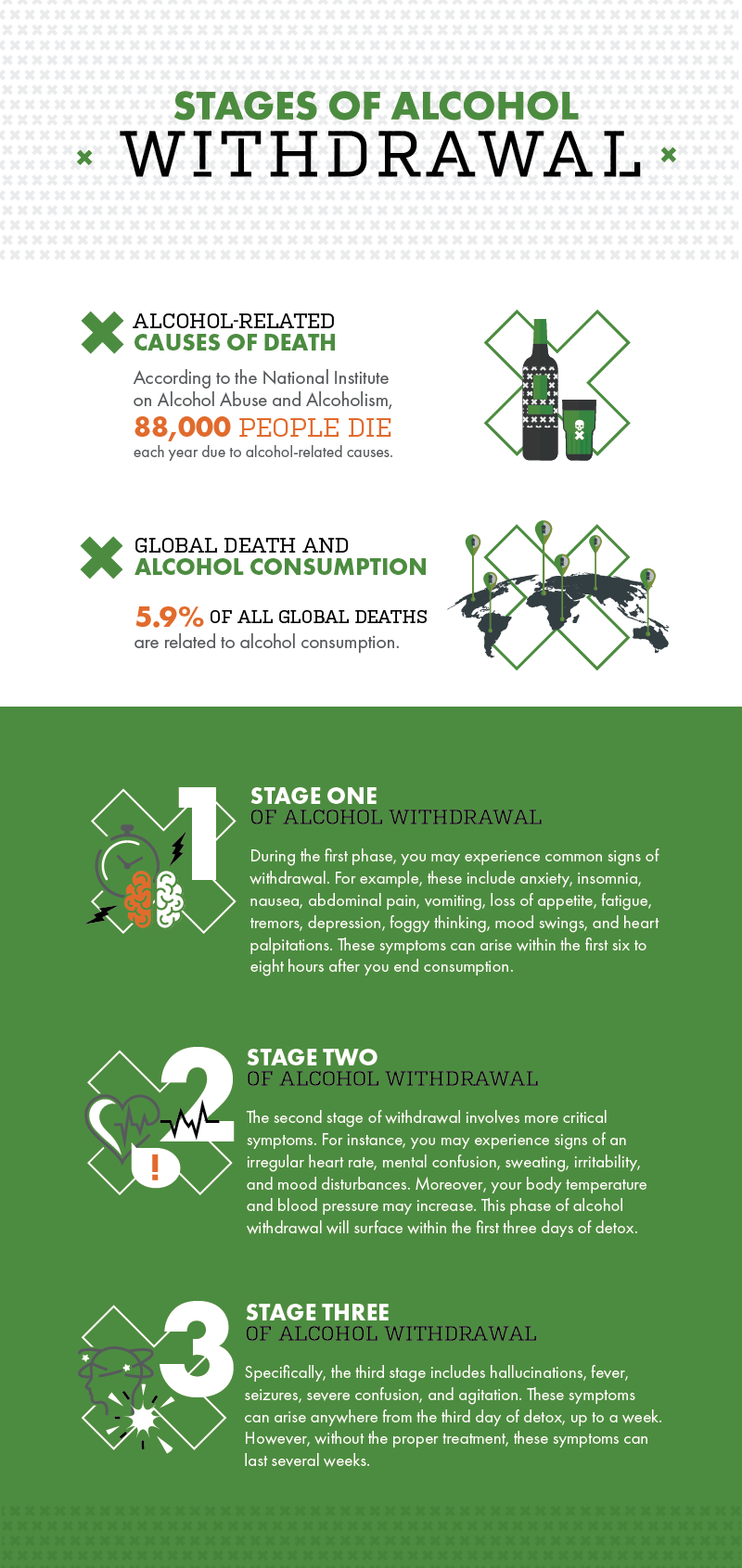Why Aftercare In Drug Rehabilitation Is Essential For Lasting Recuperation. Discover Just How Support Systems Can Assist You Remain Sober And Build A Satisfying Life
Why Aftercare In Drug Rehabilitation Is Essential For Lasting Recuperation. Discover Just How Support Systems Can Assist You Remain Sober And Build A Satisfying Life
Blog Article
Posted By-Ennis Callahan
You can not do it alone. Recuperation from drug dependency calls for a strong support group.
The importance of aftercare in drug rehabilitation can not be overemphasized. In this article, we will discover the function of counseling, the benefits of therapy, and the foundation given by peer support groups in keeping sobriety.
So, order a mug of coffee, sit back, and allow us guide you via the critical actions of post-rehabilitation assistance.
The Function of Counseling in Aftercare
If you want to keep your sobriety after leaving rehab, it's crucial that you proceed joining counseling sessions as part of your aftercare strategy.
Counseling plays an important duty in your recuperation trip by giving recurring assistance, guidance, and a risk-free area to express your feelings and worries.
Via counseling, you can deal with any type of underlying issues that might have added to your addiction, create coping techniques, and learn healthier ways to take care of anxiety and desires.
Recommended Web-site allows you to work through any type of unsolved feelings and create a far better understanding of on your own and your triggers.
The Benefits of Treatment in Keeping Soberness
To maintain your soberness, therapy can give various benefits.
- Therapy offers a risk-free room for you to discover and address the underlying concerns that might have added to your dependency.
- It allows you to work through your feelings and develop healthier means of handling stress and triggers.
- Via therapy, you can acquire a better understanding of on your own and your patterns of habits, which can aid you make favorable adjustments in your life.
- In addition, therapy provides you with a support group of experts who are educated to guide and help you on your journey to recovery.
- They can supply valuable understandings, devices, and strategies to assist you navigate the difficulties that might arise.
- In therapy, you can learn to create healthy and balanced coping abilities, develop strength, and enhance your overall health.
Peer Support Groups: A Structure for Lasting Recovery
You can find lasting healing by actively participating in peer support groups and connecting with others who share comparable experiences and objectives.
Peer support groups supply a risk-free and non-judgmental area where individuals in recuperation can collaborate to share their struggles, successes, and understandings. By actively taking part in these groups, you can receive the support and support you need to remain on the path of healing.
Connecting with others that have actually experienced similar experiences can be unbelievably encouraging, as it aids you understand that you aren't alone in your journey. Muse Is Drug Addiction Genetic 91109 permits you to pick up from others that have actually efficiently conquered similar obstacles. Together, you can commemorate landmarks, hold each other liable, and offer assistance and advice.
Via these connections, you can develop a solid support group that will assist you navigate the ups and downs of healing and ultimately discover enduring healing and improvement.
Conclusion
You have actually learned about the critical duty of aftercare in drug rehabilitation. Counseling, therapy, and peer support groups contribute to lasting healing. Here's an incredible statistic to realize the size of the problem: research studies show that individuals that get aftercare therapy are 50% more probable to preserve soberness compared to those that do not.
So, think of the transformative power of these support systems in assisting people redeem their lives and construct a brighter, drug-free future.
